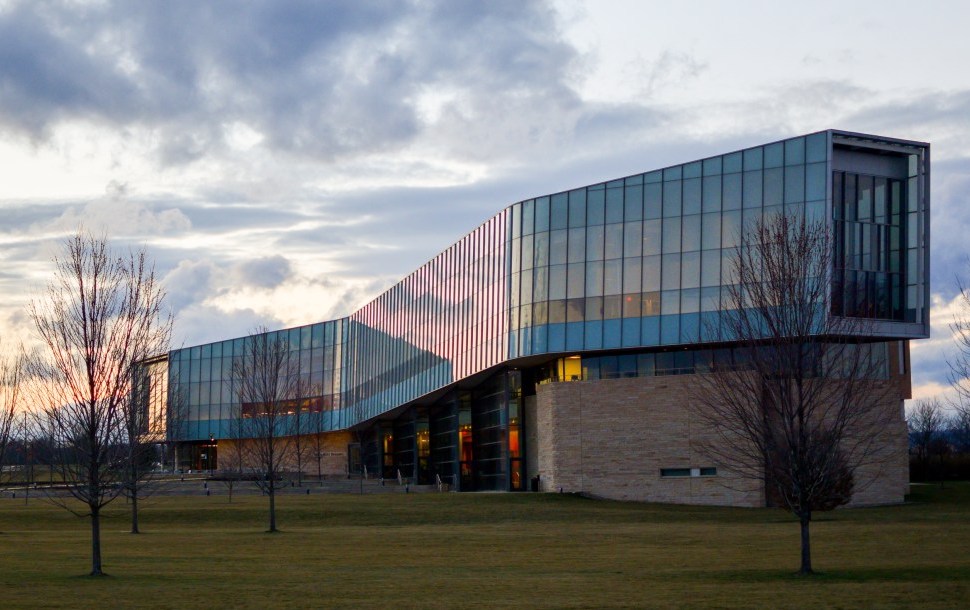More than 40 Penn State Law faculty members have signed a letter urging that the university maintain a “significant” law school presence at University Park in response to President Neeli Bendapudi’s recommendation that would reunite the university’s two separately accredited law schools.
Penn State previously had a single law school with dual campuses at University Park and Dickinson Law in Carlisle from 2006 to 2014 before splitting into two separate schools — Penn State Law and Penn State Dickinson Law — in 2015. In November, Bendapudi recommended that the two schools be reunited as one Penn State Dickinson Law with a “primary” location in Carlisle and led by current Dickinson Law Dean Danielle Conway. Bendapudi also announced the creation a panel consisting of students, faculty and alumni that would gather stakeholder input and make recommendations on how the merger would work.
A Penn State spokesperson said in November that the proposal “is a unifying effort, not a closure,” but it has sparked worries among faculty, students and alumni that it would lead to University Park campus law school offerings being substantially diminished or eliminated.
“We, the undersigned faculty members of Penn State Law, look forward to informing the panel of the tremendous value that Penn State Law has to the University and the State College community, which would be lost if the unified law school did not maintain a significant presence in University Park,” Penn State Law at University Park faculty members wrote in the letter.
The letter also highlighted Penn State Law’s strong alumni base of “over 2,500 graduated students” since 2006, explaining the worldwide impact of the branch’s graduates.
“The LL.M. program has produced hundreds of alumni in more than 90 countries, who now fill key positions in major U.S. and international law firms, government, the United Nations, NGOs, the judiciary, and law schools worldwide,” the letter reads. “In addition, Penn State Law has maintained more global agreements and partnerships than any other unit at Penn State, helping the University to increase its global footprint.”
Faculty who signed the letter argued that moving on from the law school’s University Park campus could potentially dissuade otherwise interested international students from enrolling, citing the campus’s notable “access to a large community of international students as well as numerous support services for international visitors.”
The proximity of Penn State Law’s Katz Building to the rest of the University Park campus was pinpointed by the faculty members as another unique draw of the program, asserting the university’s interdisciplinary opportunities “attract” students and faculty members alike. The letter argues these interdisciplinary courses and experiences not only supplement studies but also garner significant contributions to other units and programs on campus.
The statement continued by contending the University Park location is important for recruitment purposes when it comes to high-profile faculty.
“Penn State Law has been able to recruit nationally recognized scholars, who were teaching at law schools more highly ranked than Penn State Law and who had — and will continue to have — opportunities to move to other law schools,” the letter reads. “But one of the reasons they chose Penn State Law was the opportunity to join the scholarly community at Penn State Law and the wider University Park campus… It will be difficult for Penn State to retain many of these highly respected scholars unless there is a significant law school presence in University Park.”
The letter’s final paragraph once again encouraged Bendapudi’s stakeholder panel to refrain from diminishing either law school campus, even if the merger proceeds.
“We recognize that there is a cost to having law schools in two locations, but given the development of Penn State’s two law schools, it has been proven that both have added value and have provided benefits to Penn State and their respective communities,” the letter concluded. “We are confident that once the panel created by President Bendapudi has reviewed all the data, it will likewise see the tremendous value in the unified law school continuing to have a significant presence in University Park.”
First announced in late November, Penn State’s push to reunite its law schools came as the university was searching for a new Penn State Law dean — a search that was canceled with the announcement of the proposal.
Final recommendations are expected by the end of the spring semester before plans are brought in front of university trustees and the American Bar Association for potential approval.
Current students and those enrolling in fall 2023 will continue to receive full legal education at their campus of enrollment, including bar preparation and job placement services, the university said.
The full faculty-signed letter is below.



